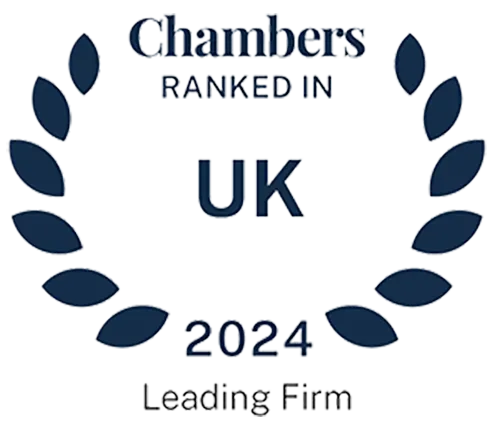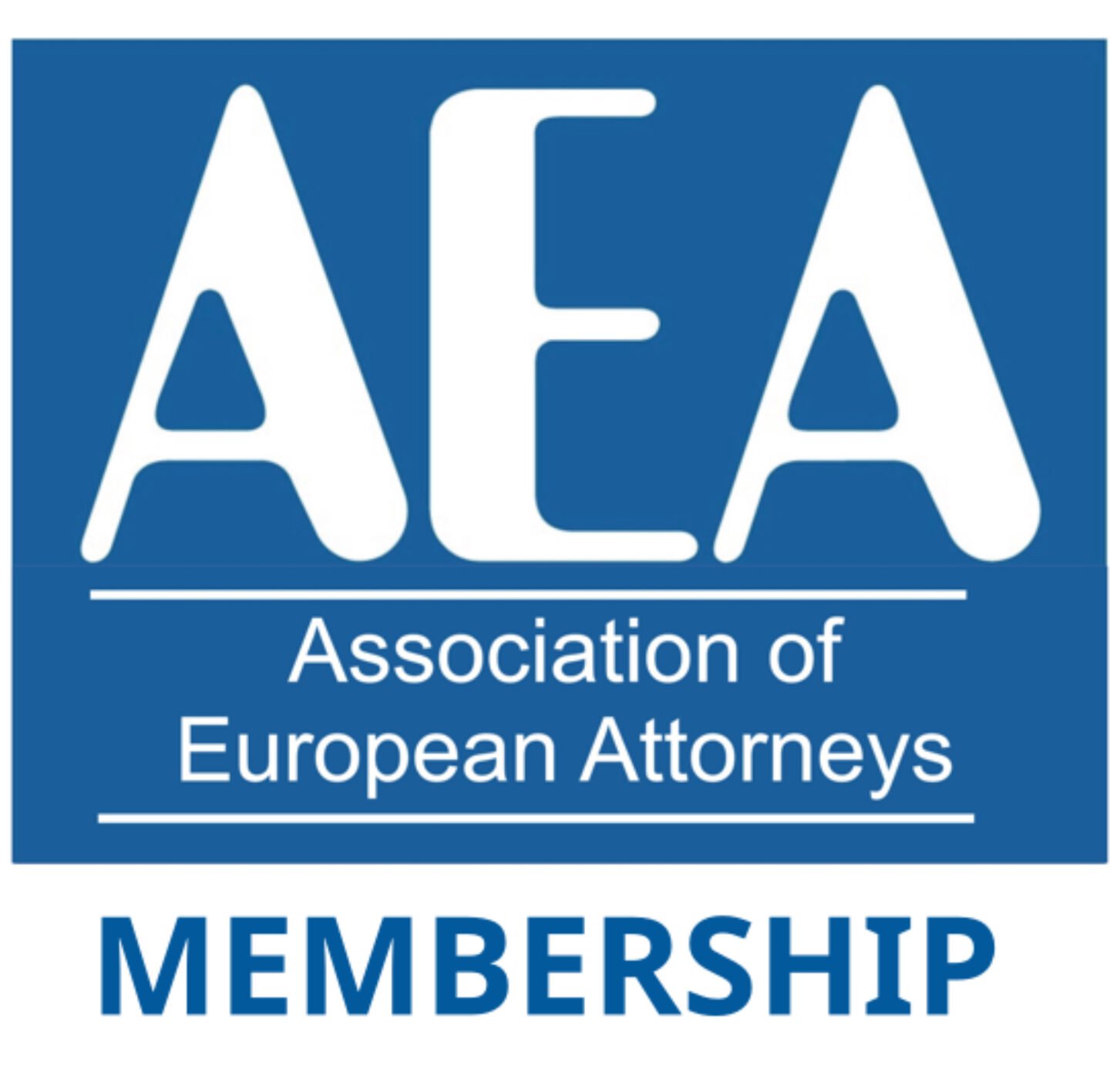The Supreme Court unanimously allow the appeal In the Matter of J (A Child) [2015] UKSC 70, clarifying for the first time the scope of the jurisdiction set out in article 11 of the 1996 Hague Convention.
Article 7 of the Convention addresses the jurisdiction after wrongful removal or retention, setting out the rights of the state from which the child has been removed and defining what constitutes a wrongful removal or retention. The issues that the Supreme Court was faced with regarded the application of Article 11 which expands the jurisdiction in article 7 to any contracting state that the child is present. However, the Court of Appeal interpreted this in J (A Child) (1996 Hague Convention) (Morocco) [2015] EWCA Civ 329, as having limited circumstances therefore; concluded the English courts did not have jurisdiction.
The child at the centre of this case was relocated to the United Kingdom by his mother without the consent of his father. Previous to this, the family were habitual residents of Morocco; the country the father still resides in and is filing for his son to be returned to. The High Court previously ordered the son to be returned to Morocco based on the facts that there was no consent from the father and the child was a previous habitual resident of Morocco. At this point the argument that he did not have jurisdiction was not presented. However, as previously mentioned, the Court of Appeal held there was no jurisdiction to invoke Article 11 unless there was a matter of urgency. Based on the facts of the case , it was decided there was not.
The substantive judgement in the Supreme Court, made by Lady Hale focuses on fulfilling the objectives of the convention, mainly the protection of the child, which would be in jeopardy if the country where the child is taken cannot act because they do not have the jurisdiction. Lady Hale mentions that ‘Lord Wilson pointed out in the course of argument, the courts of the country where the child is are often better placed to make orders about the child’s return…The child’s interests may indeed be compromised if the country where the child is present is not able to take effective action in support of the child’s return to the country of his or her habitual residence’ therefore; article 11 is to be given an ‘extra-territorial’ effect.
The appeal of the father was allowed, therefore; English Courts can exercise article 11 in cases of wrongful removal. The High Court is to decide if it is appropriate in this case to do so.
To read the full judgement, please visit the Family Law Week website.












